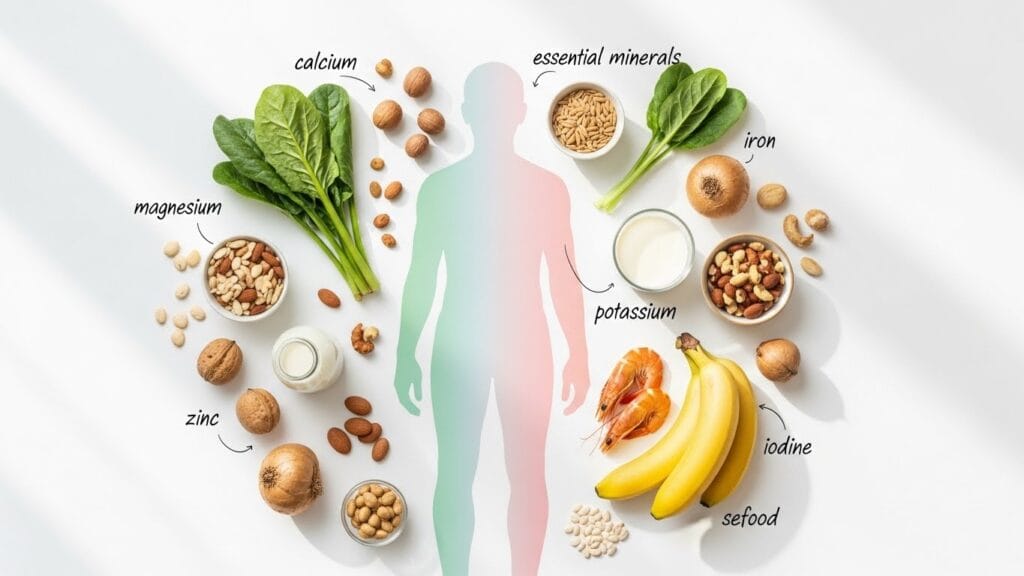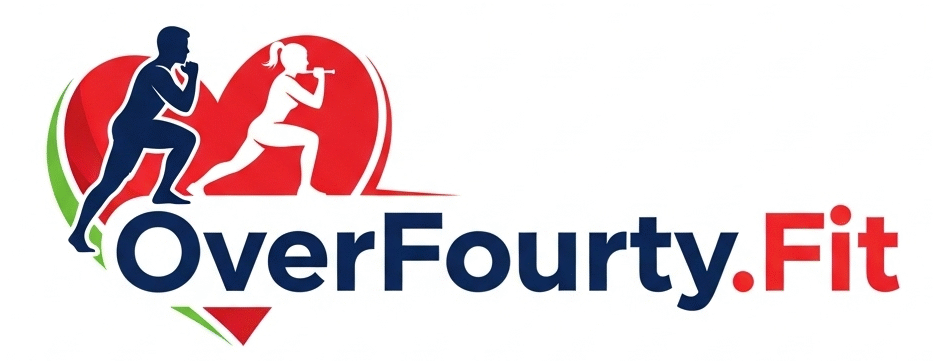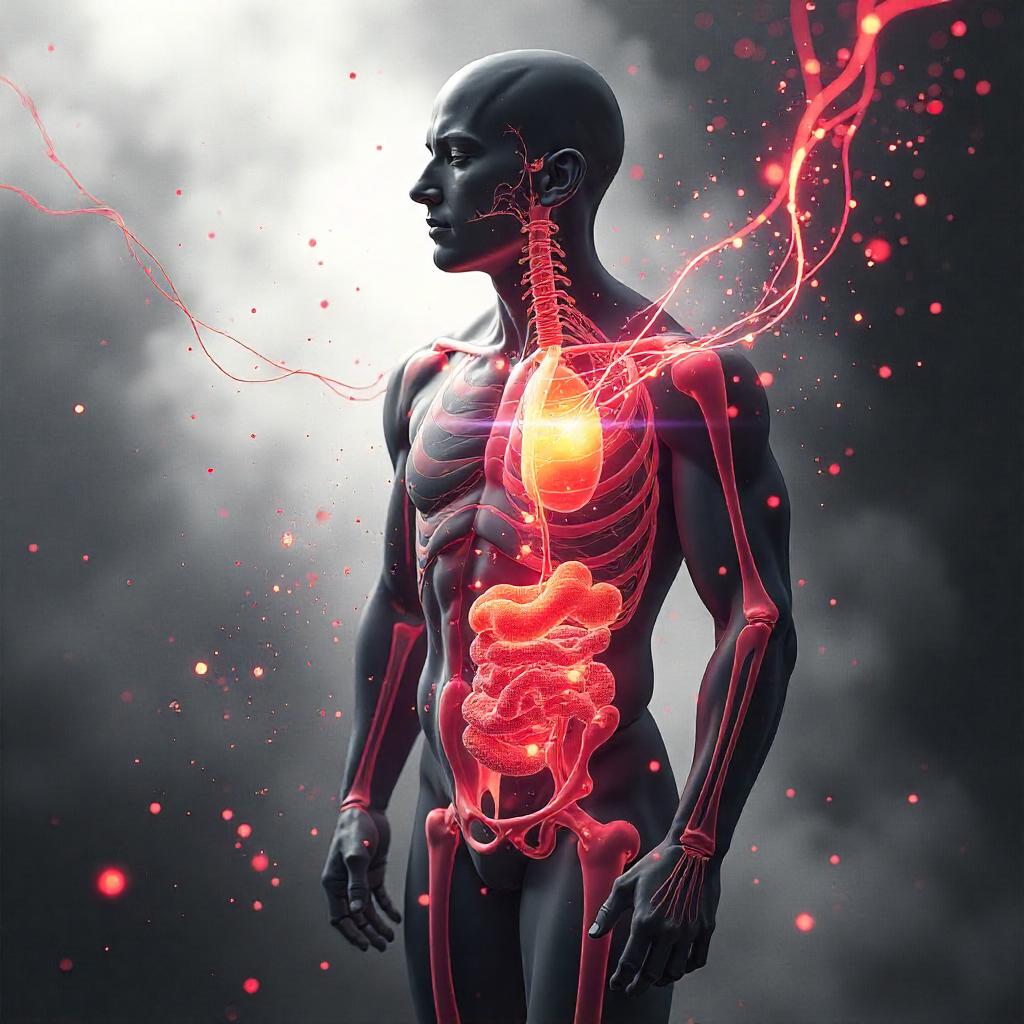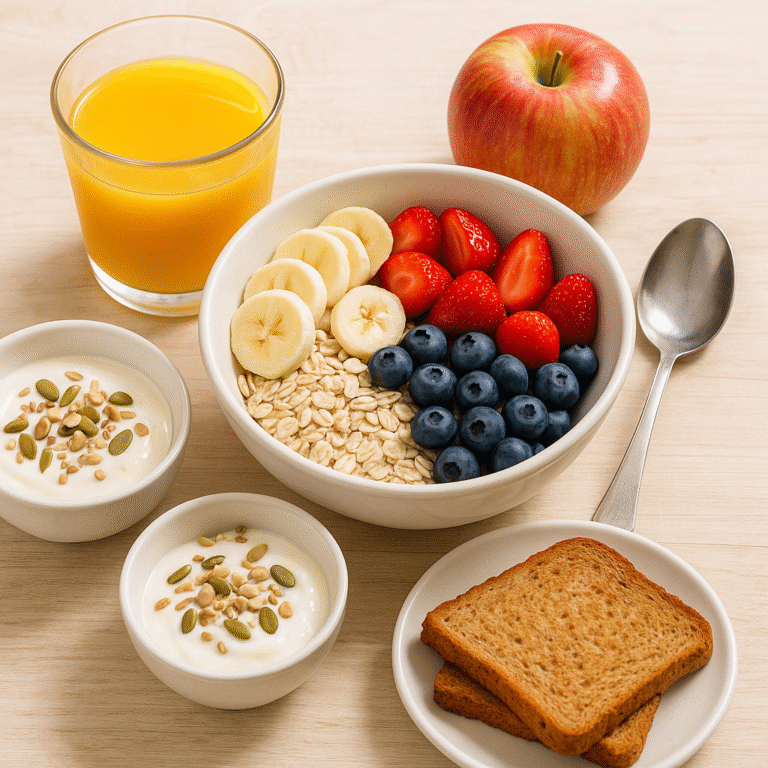Minerals for the Body: The Hidden Keys to Peak Health
The Minerals for the body are inorganic nutrients that regulate nearly every critical function, from bone strength to nerve signaling and energy production. Unlike vitamins, your body can’t make minerals; you must get them through food or supplements. Let’s break down exactly which minerals matter most, where to find them, and how they keep you thriving.
Why Minerals for the Body’s Function Are Non-Negotiable
Your body relies on minerals to:
- Build strong bones & teeth (calcium, phosphorus, magnesium)
- Power muscle contractions (potassium, sodium, magnesium)
- Oxygenate blood (iron)
- Boost immunity (zinc, selenium)
- Balance hormones (iodine, chromium)
A deficiency in even one mineral can cause fatigue, weakness, or long-term health issues.
Minerals for the Body Chart: The Essential Players
Here’s a quick-reference table of the most critical minerals and their roles:
| Mineral | Key Function | Best Food Sources | Daily Need (Adults) |
|---|---|---|---|
| Calcium | Bone strength, muscle function | Red meat, spinach, and lentils | 1,000–1,200 mg |
| Iron | Carries oxygen in blood | Nuts, seeds, and whole grains | 8–18 mg |
| Magnesium | Nerve & muscle regulation | Bananas, potatoes, and avocados | 310–420 mg |
| Zinc | Immunity, wound healing | Oysters, pumpkin seeds, chickpeas | 8–11 mg |
| Potassium | Heart rhythm, blood pressure | Bananas, potatoes, avocados | 2,600–3,400 mg |
(Source: NIH Office of Dietary Supplements)

What Are the 3 Most Important Minerals in the Body?
The 3 most critical minerals your body needs daily are calcium, iron, and magnesium. These powerhouses keep your bones strong, blood oxygenated, and nerves functioning smoothly. Let’s break down why they’re non-negotiable:
1. Calcium
- Why it’s essential: Builds bones/teeth, regulates muscle contractions (including your heartbeat!), and supports nerve signaling.
- What happens if you’re deficient: Weak bones (osteoporosis), muscle cramps, and irregular heart rhythms.
- Best food sources: Dairy (milk, yogurt), leafy greens (kale, bok choy), almonds, and fortified plant milks.
2. Iron
- Why it’s essential: Makes hemoglobin to carry oxygen in blood, boosts energy, and supports immunity.
- What happens if you’re deficient: Fatigue, pale skin, shortness of breath (iron-deficiency anemia).
- Best food sources: Red meat, spinach, lentils, and fortified cereals. Pro tip: Pair with vitamin C (like bell peppers) to enhance absorption!
3. Magnesium
- Why it’s essential: Powers 300+ enzyme reactions, relaxes muscles, stabilizes mood, and improves sleep.
- What happens if you’re deficient: Muscle spasms, anxiety, insomnia, and high blood pressure.
- Best food sources: Pumpkin seeds, almonds, black beans, and dark chocolate (yes, really!).
Bonus: Sodium, potassium, and zinc are close runners-up for nerve function, hydration, and immunity. But calcium, iron, and magnesium are the “big three” most likely to impact health if neglected.
Need a quick checklist?
Drink milk or eat greens daily (calcium)
Include iron-rich foods in meals (especially if vegetarian)
Snack on nuts/seeds (magnesium boost)
Always consult a doctor before supplementing—it’s easy to overdo minerals like iron!
What Food Is Highest in Minerals?
Want to max out your mineral intake? Prioritize these top mineral-dense foods:
1. Shellfish (Zinc, Iron, Selenium)
- Oysters = #1 zinc source (74 mg per 3 oz!)
- Clams & mussels = packed with iron.
2. Leafy Greens (Magnesium, Calcium, Potassium)
- Spinach, kale, and Swiss chard = magnesium powerhouses.
3. Nuts & Seeds (Magnesium, Zinc, Copper)
- Pumpkin seeds = loaded with magnesium and zinc.
- Brazil nuts = best selenium source (1 nut = 175% DV!).
4. Organ Meats (Iron, Copper, Phosphorus)
- Liver (beef/chicken) = insane iron + B vitamins.
5. Beans & Lentils (Iron, Potassium, Magnesium)
- White beans = more potassium than bananas!
Are You Missing Key Minerals? 5 Warning Signs
- Fatigue → Low iron or magnesium
- Muscle cramps → Low potassium, calcium, or magnesium
- Brittle nails/hair → Low zinc or selenium
- Irregular heartbeat → Low potassium or magnesium
- Frequent sickness → Low zinc or selenium
Fix it fast: Get a blood test if symptoms persist. Many deficiencies are easy to correct with diet tweaks!
Minerals vs. Electrolytes: What’s the Difference?
Electrolytes (sodium, potassium, magnesium) are minerals that conduct electricity in your body. They’re crucial for:
- Hydration
- Nerve impulses
- Muscle contractions
Best sources: Coconut water, bananas, celery, and Himalayan salt.
Should You Take Mineral Supplements?
Most people don’t need them if they eat a varied diet, but exceptions include:
- Iron for women with heavy periods
- Magnesium, if you’re stressed or active
- Zinc for vegans/vegetarians
Pro tip: Avoid calcium supplements unless prescribed—excess can harm your heart.
Final Thought: Minerals Fuel Your Body’s Engine
They aren’t optional—they’re the spark plugs keeping you energized, strong, and disease-resistant. Focus on whole foods first, test if you’re unsure, and supplement wisely.
FAQs about Minerals for the Body
What food is highest in minerals?
Want to max out your mineral intake? Prioritize these top mineral-dense foods:
1. Shellfish (Zinc, Iron, Selenium)
Oysters = #1 zinc source (74 mg per 3 oz!)
Clams & mussels = packed with iron.
2. Leafy Greens (Magnesium, Calcium, Potassium)
Spinach, kale, and Swiss chard = magnesium powerhouses.
3. Nuts & Seeds (Magnesium, Zinc, Copper)
Pumpkin seeds = loaded with magnesium and zinc.
Brazil nuts = best selenium source (1 nut = 175% DV!).
4. Organ Meats (Iron, Copper, Phosphorus)
Liver (beef/chicken) = insane iron + B vitamins.
5. Beans & Lentils (Iron, Potassium, Magnesium)
White beans = more potassium than bananas!
What are the 3 most important minerals in the body?
What Are the 3 Most Important Minerals in the Body?
The 3 most critical minerals your body needs daily are calcium, iron, and magnesium. These powerhouses keep your bones strong, blood oxygenated, and nerves functioning smoothly. Let’s break down why they’re non-negotiable:
1. Calcium
Why it’s essential: Builds bones/teeth, regulates muscle contractions (including your heartbeat!), and supports nerve signaling.
What happens if you’re deficient: Weak bones (osteoporosis), muscle cramps, and irregular heart rhythms.
Best food sources: Dairy (milk, yogurt), leafy greens (kale, bok choy), almonds, and fortified plant milks.
2. Iron
Why it’s essential: Makes hemoglobin to carry oxygen in blood, boosts energy, and supports immunity.
What happens if you’re deficient: Fatigue, pale skin, shortness of breath (iron-deficiency anemia).
Best food sources: Red meat, spinach, lentils, and fortified cereals. Pro tip: Pair with vitamin C (like bell peppers) to enhance absorption!
3. Magnesium
Why it’s essential: Powers 300+ enzyme reactions, relaxes muscles, stabilizes mood, and improves sleep.
What happens if you’re deficient: Muscle spasms, anxiety, insomnia, and high blood pressure.
Best food sources: Pumpkin seeds, almonds, black beans, and dark chocolate (yes, really!).
Bonus: Sodium, potassium, and zinc are close runners-up for nerve function, hydration, and immunity. But calcium, iron, and magnesium are the “big three” most likely to impact health if neglected.
Need a quick checklist?
Drink milk or eat greens daily (calcium)
Include iron-rich foods in meals (especially if vegetarian)
Snack on nuts/seeds (magnesium boost)
Always consult a doctor before supplementing—it’s easy to overdo minerals like iron!
What contains all 102 minerals the body needs?
No single food naturally contains all 102 minerals the body requires. Most of the minerals come from a varied diet, including:
Fruits and vegetables (leafy greens, berries, citrus, root vegetables)
Whole grains (quinoa, brown rice, oats)
Legumes (beans, lentils, chickpeas)
Nuts and seeds (almonds, pumpkin seeds, flaxseeds)
Animal products (fish, dairy, eggs, lean meat)
Seaweeds and some mineral-rich supplements (like sea moss or multivitamins)
A combination of diverse plant and animal sources is the safest way to get all essential minerals.
What are the 10 most important minerals?
The minerals considered most essential for human health include:
Calcium – bone and teeth health, muscle function
Magnesium – muscle and nerve function, energy production
Potassium – fluid balance, heart and muscle function
Sodium – electrolyte balance, nerve impulses
Iron – red blood cell formation, oxygen transport
Zinc – immunity, wound healing, DNA synthesis
Phosphorus – bone health, energy production
Iodine – thyroid hormone production
Selenium – antioxidant, thyroid function
Copper – red blood cell formation, iron metabolism
These are critical for cellular function, energy metabolism, bone health, immunity, and overall wellness.







